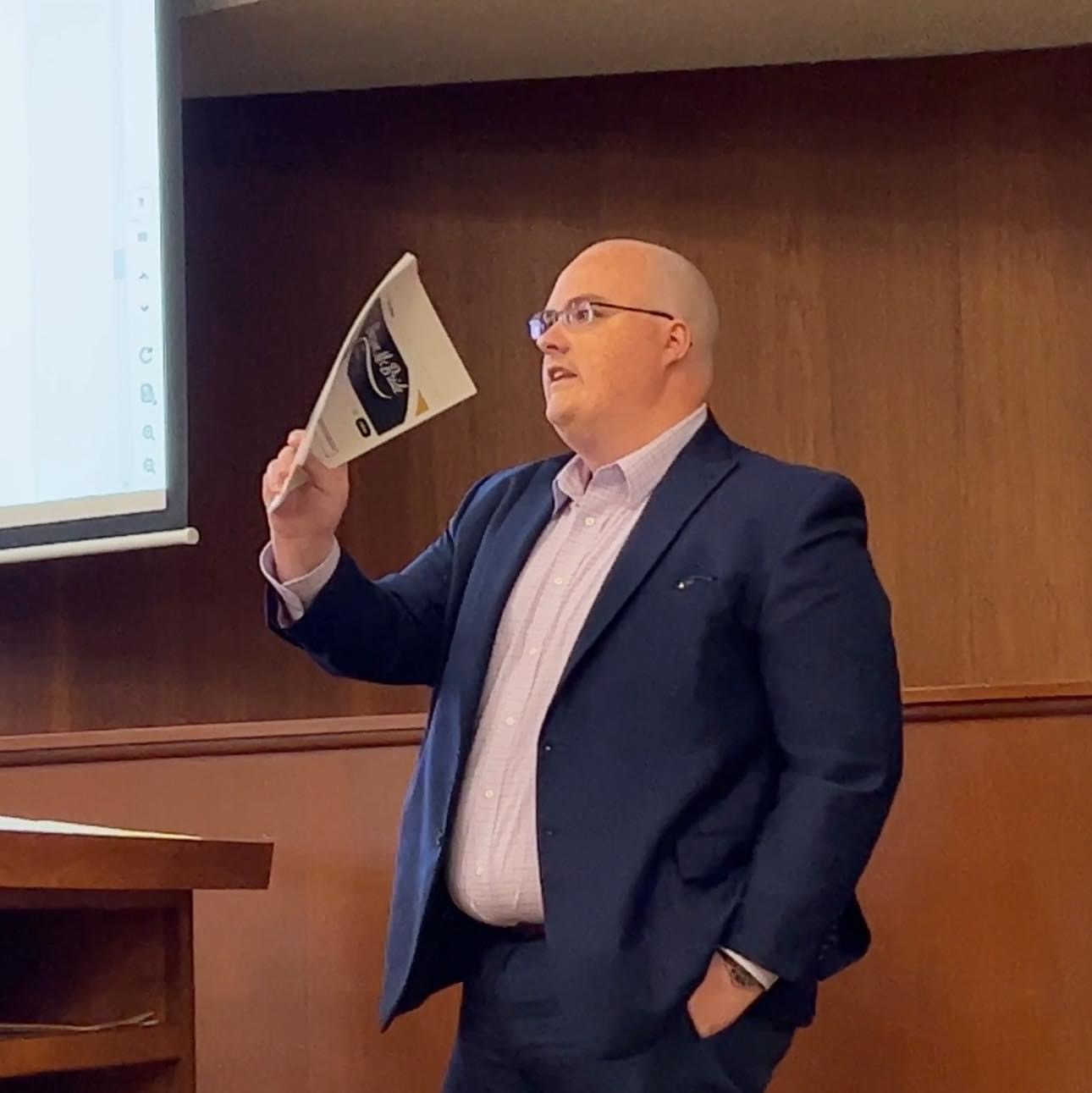ACLU Raises First Amendment Concerns Over Proposed South Bend Common Council Ordinance
- Logan Foster
- Dec 9, 2024
- 2 min read
Redress South Bend — December 2, 2024

Kenneth J. Falk, Legal Director of ACLU Indiana, has expressed concerns about a proposed South Bend ordinance that seeks to regulate public participation during Common Council meetings. Proposed ordinance 72-24 has drawn criticism for its potential conflict with First Amendment protections, specifically regarding free speech and viewpoint neutrality.
A key issue highlighted in Falk’s letter addressed to Sandra Kennedy, Corporation Counsel for the City of South Bend, is Section 2-12(13)(d) of the ordinance. This section stipulates that individuals addressing the Council “shall refrain from making comments that have already been made by other speakers.” Falk argues that the language is overly vague, which raises constitutional questions about how it would be enforced. "Does this mean that the speaker is planning to repeat verbatim what the previous speaker said? I doubt that. But then, what does it mean?" Falk wrote, emphasizing the ambiguity of the provision. According to Falk, such vagueness is particularly concerning when First Amendment rights are at stake.
Beyond vagueness, Falk notes that the provision could lead to viewpoint discrimination, which is firmly prohibited under the First Amendment. Using the example of two individuals who share similar positions on an issue, Falk points out that the ordinance appears to bar the second person from speaking, whereas someone with an opposing view could address the Council. "This is the definition of viewpoint discrimination," Falk stated, citing Supreme Court precedent such as Cornelius v. NAACP Legal Defense and Educational Fund.
The ACLU Legal Director further questions the reasonableness of the restriction, another constitutional requirement for speech limitations. Falk argues that the Council’s intent in hearing public comments is to gauge the full spectrum of support or opposition on an issue. Preventing individuals from reiterating similar comments could impede the Council's ability to assess the depth of public sentiment. “If the Council is considering something that has a great deal of community support, how is it reasonable to cut off supportive comments after the first person speaks?” Falk inquired.
The criticism stems from Falk’s representation of Black Lives Matter South Bend, who approached the ACLU regarding the ordinance. The proposed changes to the “Privilege of the Floor” have sparked concern among advocates for free speech and civil liberties.
Falk ended his letter by urging the South Bend Common Council to reconsider the proposed amendment, stating that the ordinance poses "obvious First Amendment difficulties."
The Common Council’s legal department has yet to issue a public response, and it remains unclear whether ordinance 72-24 will move forward in its current form. If passed, legal challenges could loom, given the constitutional questions raised.
The ACLU and Black Lives Matter South Bend remain steadfast in their position that restrictions must adhere to First Amendment protections, ensuring that all voices, regardless of their viewpoint, are heard equally.
You can read Falk's full letter below:





